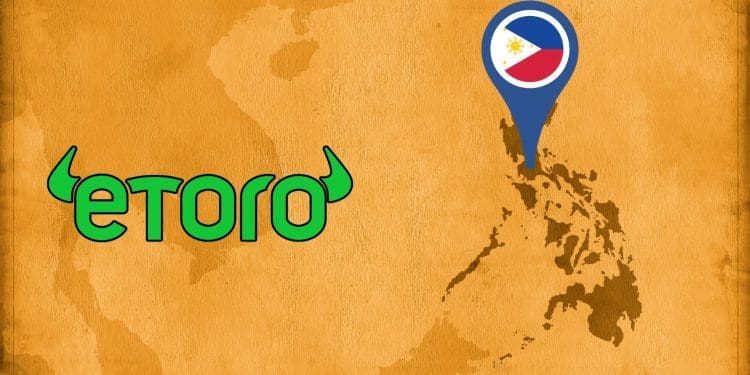- Philippines SEC issued an advisory stating that online trading platform eToro is not authorized to sell or offer securities in the country
- eToro allows Filipinos to create accounts for investing and trading unregistered investment products, according to the SEC
- Anyone acting as salespeople, promoters, influencers, endorsers or agents for eToro in the Philippines could face penalties including fines or imprisonment for violating securities laws
The Securities and Exchange Commission (SEC) in the Philippines has issued an advisory against the online trading platform eToro, stating that it is not authorized to sell or offer securities in the country.
Background on eToro
eToro is a multinational trading company founded in 2007 that is popular with millennials. The multi-asset investment firm has over 33 million registered users worldwide and is available in 140 countries.
SEC advisory against eToro
In March 2022, the Philippine SEC posted an advisory stating that eToro is not registered as a corporation in the Philippines and does not have the necessary licenses required to sell securities, operate as a broker-dealer, or run an exchange for trading securities in the country.
The SEC said that eToro’s operations allow Filipinos to create accounts on their platform for investing and trading unregistered investment products.
The regulator advised the public to exercise caution before investing in these types of unregistered online platforms and their representatives. Violators could face fines of up to 5 million pesos or 21 years imprisonment for violating securities laws.
Response from eToro and authorities
Despite being a multinational company, eToro’s website currently lists the Philippines as a supported country. Cointelegraph reached out to eToro for clarification but did not receive an immediate response.
In November 2021, the SEC issued a similar advisory about crypto exchange Binance. Authorities have also begun blocking access to crypto company websites without necessary licenses.
The SEC said the public’s access to these unauthorized platforms poses a threat to investing Filipinos’ funds.














